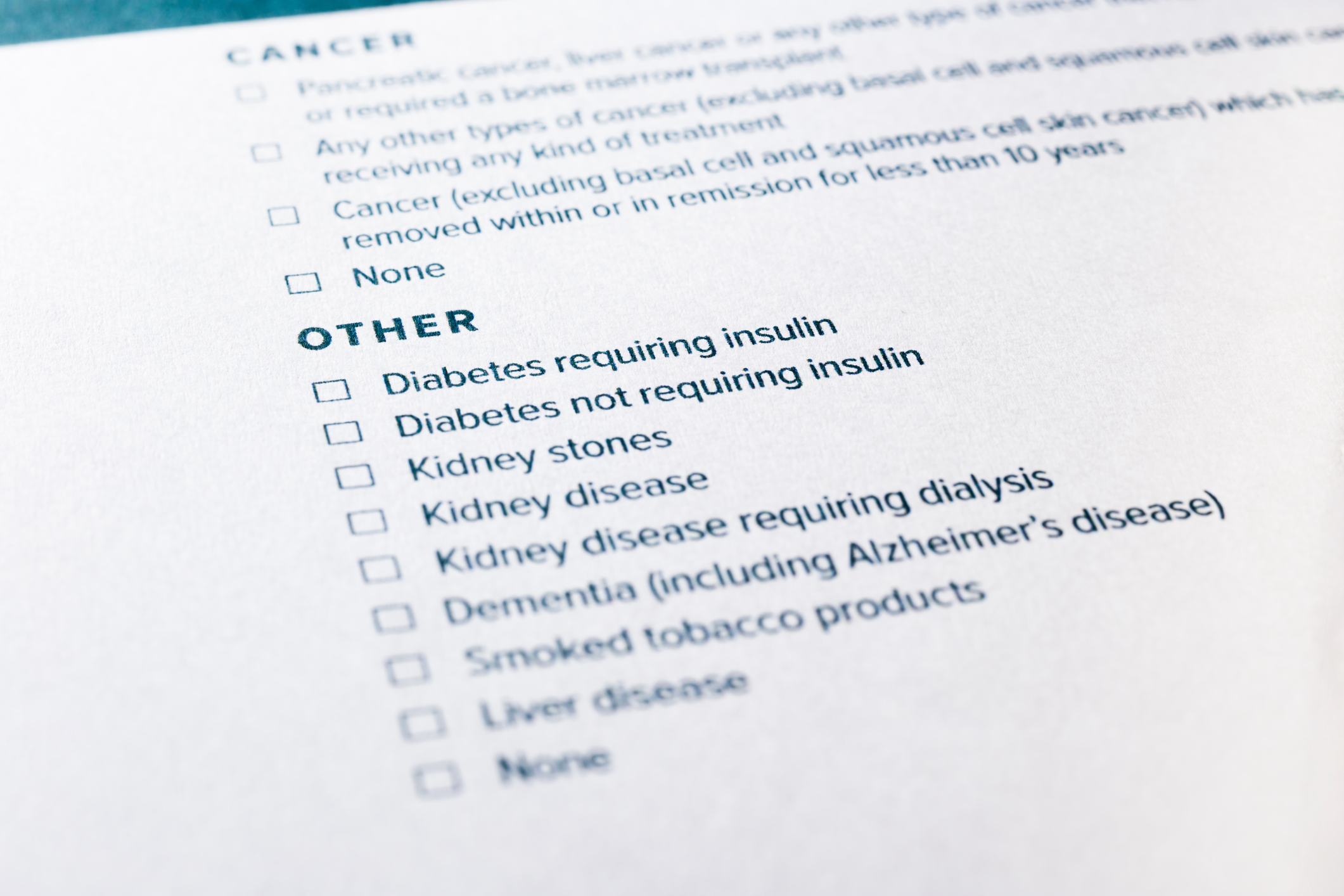Foods To Avoid For Optimal Kidney Health
29. Protein Intake and Kidney Health

Protein is essential for building and repairing body tissues, but consuming more protein than your body needs can put extra strain on the kidneys. For individuals with kidney disease, a low-protein diet may be recommended to help decrease the workload on the kidneys. High-quality protein sources, such as eggs, poultry, fish, and soy, should be prioritized, and intake should be adjusted according to the individual's kidney function and nutritional needs.
30. Navigating Kidney Disease Diagnosis

Receiving a diagnosis of kidney disease can be overwhelming, but understanding the condition and taking proactive steps can help manage it effectively. Start by educating yourself about your specific type of kidney disease and its causes. Work closely with your healthcare team, including your primary care physician, nephrologist, and dietitian, to create a comprehensive treatment plan. This plan may include dietary changes, medications, and lifestyle adjustments. Regular monitoring of kidney function and blood pressure, along with adherence to treatment recommendations, is crucial for managing the disease and preventing progression.
